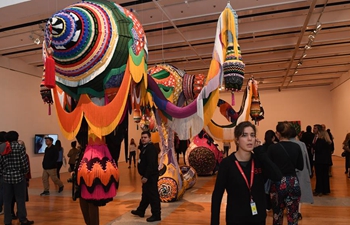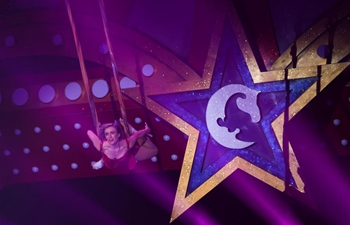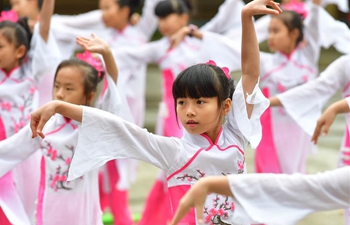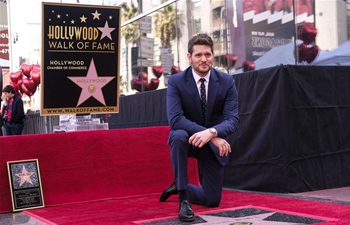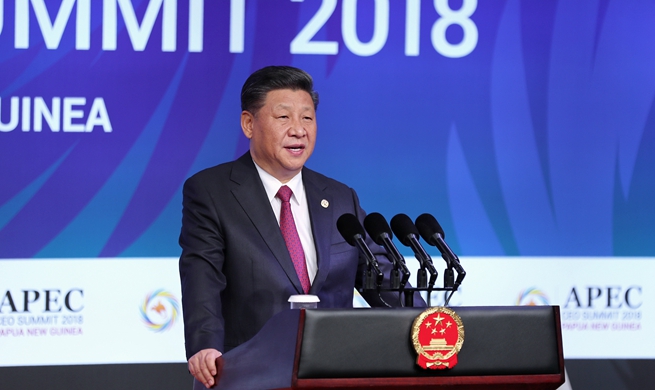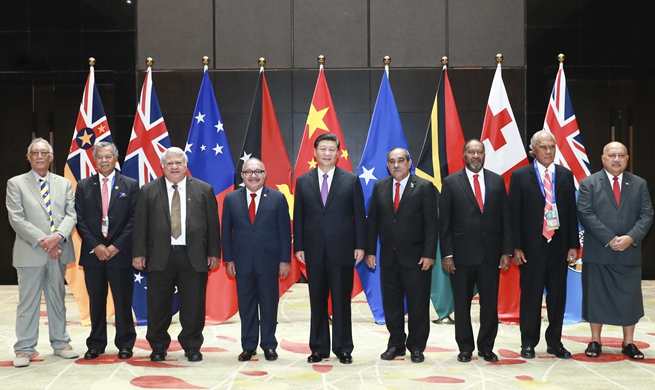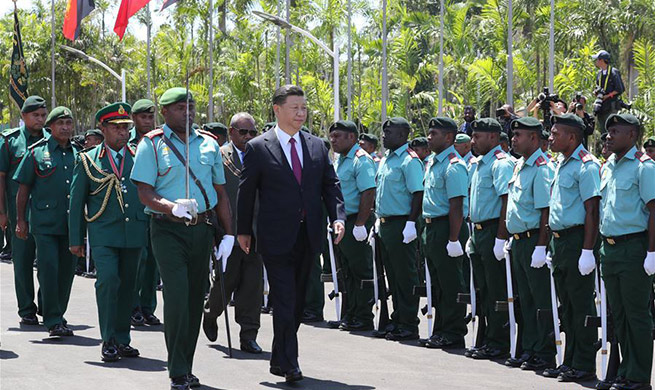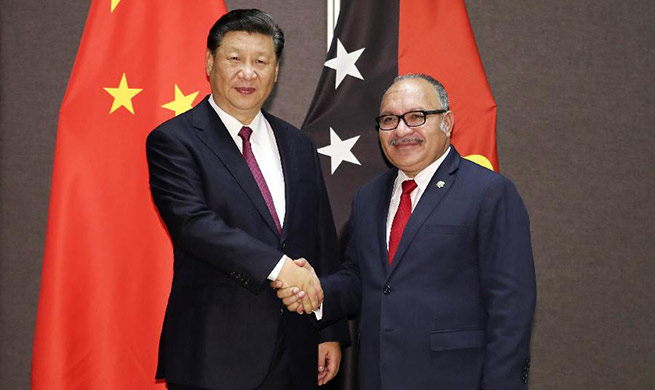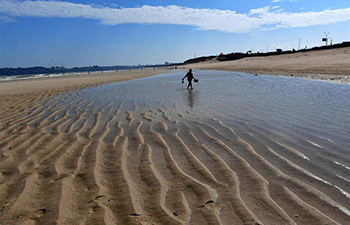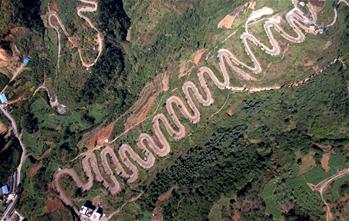by Raimundo Urrechaga
HAVANA, Nov. 17 (Xinhua) -- With its foundational ideas and precepts, Havana Film Festival reaches its 40th anniversary this year, readjusting itself to new times, technologies and requirements of the current cinematographic panorama in Latin America.
"We have arrived here after four decades going through very complex times and the festival has managed to survive, reshaping itself to our reality and contemporary cinema," said Ivan Giroud, president of the event during a press conference on Friday to present the upcoming edition.
From Dec. 6-16, Havana will once again become the capital of Latin American cinema in an event that captivates Cubans who make long lines to attend the presentations of long-awaited films.
Founded in 1979 by late Cuban leader, Fidel Castro and the island's intellectual, Alfredo Guevara, the New Latin American Film Festival of Havana is currently a regional reference in the international film circuit and a true cultural event in the Caribbean nation.
Giroud, who assumed the presidency of the contest after the death of Guevara in 2013, said the festival maintains its foundational precepts and aesthetics fundamentally aimed at presenting the Latin American and Caribbean reality to the public through the big screen.
However, he said this year due to fewer theaters to project films and technological limitations, the organizers chose to rearrange the program to show fewer motion pictures compared to previous years.
"We have been more selective to choose movies in order to schedule a film or documentary several times and in that way a greater number of people can appreciate them," he added.
In this edition, 373 audiovisual pieces from 40 countries were programmed, half of which are coming from Latin America and the Caribbean.
"In competition, we have 20 fiction movies, 22 short and medium-length films, 25 documentaries and 26 animated motion pictures, among other categories," said the Cuban intellectual.
The countries most represented in the event are Argentina, Mexico, Chile, Colombia, Brazil, the United States and Cuba.
The event will also pay tribute to the most famous Cuban film director, Tomas Gutierrez Alea, with exhibitions, movie projections and a seminar on his career and thinking.
In addition, there will be special presentations of films such as "Roma," by Mexican director Alfonso Cuaron, and "BlacKkKlansman" of famous U.S. director Spike Lee.
A special moment will be the debut in Cuba of the film "Yuli" by Spanish director Iciar Bollain, which tells the story of legendary Cuban dancer Carlos Acosta, who for more than 10 years was a leading figure of the Royal Ballet of London.
"We will also have international guests such as Michael Moore who will present his documentary Fahrenheit 9/11, American actor, Matt Dillon and Puerto Rican actor, Benicio del Toro, among others," he said.
At the inaugural gala, where Cuban president Miguel Diaz-Canel is expected, special awards will be handed out to institutions and filmmakers who have supported this event for four decades, according to organizers.
Also, the documentary "El Pepe, a supreme life" by Serbian filmmaker Emir Kusturica, about the life of former Uruguayan president Jose Mujica will be screened.
The New Latin American Film Festival of Havana aims to recognize and disseminate cinematographic works that contribute from their meaning and their artistic values to the enrichment and reaffirmation of Latin American and Caribbean cultural identity.
Among its participants throughout its history have been the Colombian Nobel Prize winner, Gabriel Garcia Marquez and high-profile actors and directors like Robert Redford, Francis Ford Coppola, Harry Belafonte, Geraldine Chaplin, Victoria Abril and Pedro Almodovar, among others.
